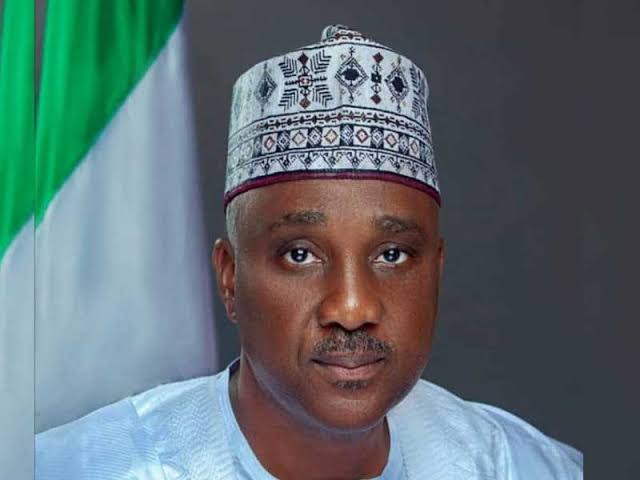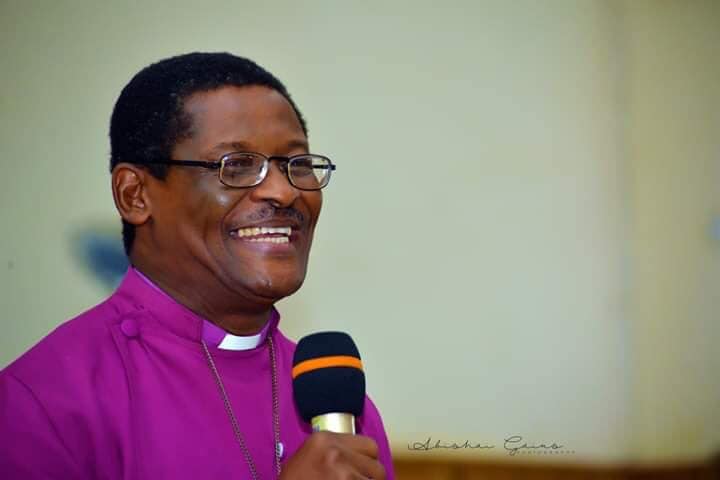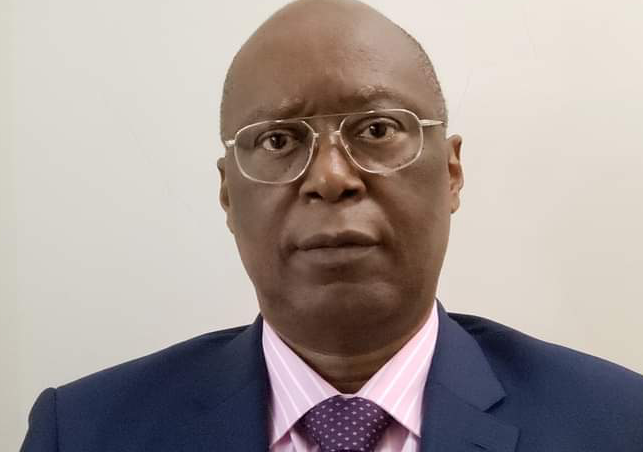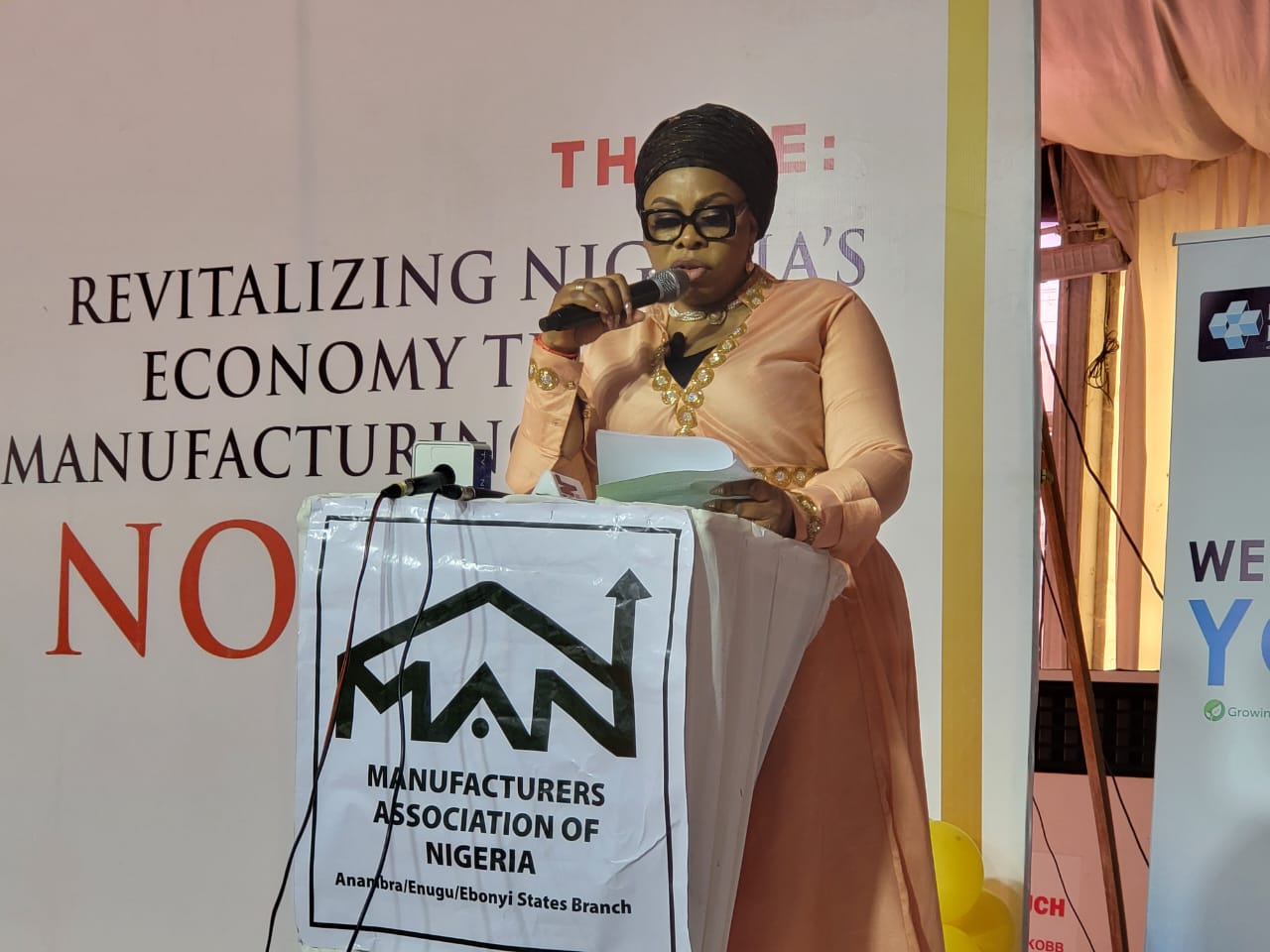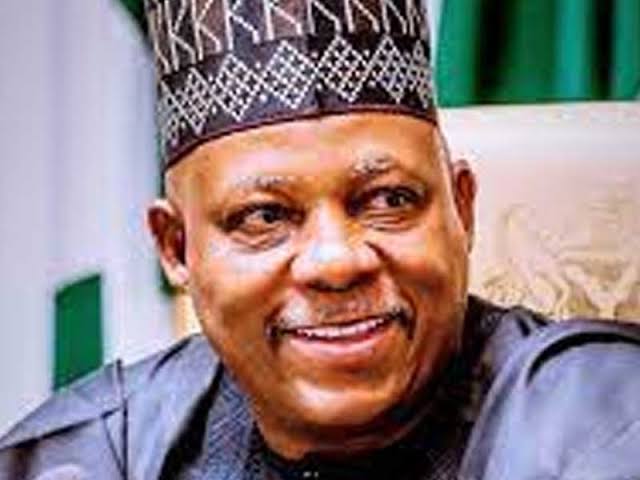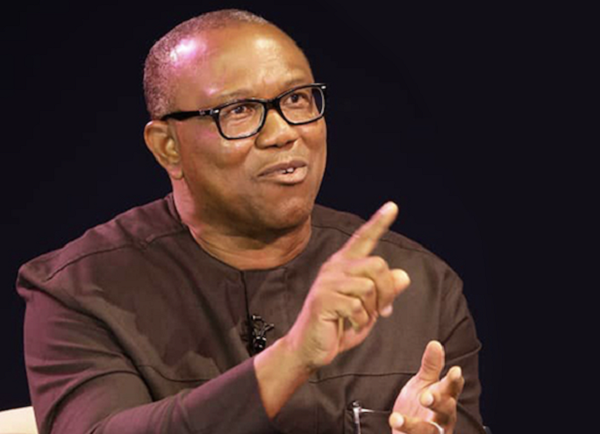The Speaker of the House of Representatives Hon. Abbas Tajudeen, has expressed the urgent need for local government administration reforms in Nigeria.
The Speaker made this disclosure in Abuja on Monday while declaring open a national dialogue on local government and constitution amendment. He was represented at the event by the Deputy Speaker Rt. Hon. Benjamin Okezie Kalu.
Speaker Abbas noted that it was part of the “series of consultations to harness citizens’ views and preferences in our efforts at having a truly peoples’ constitution in the country.”
He recalled that a similar dialogue was held to find constitutional pathways to open up the governance and political space to “accommodate the very resourceful Nigerian women in our decision-making processes.”
He said: “Today’s dialogue focuses on a critical aspect of our governance structure: the local government system. Local governments are often referred to as the closest tier of government to the people. They play an essential role in delivering services, fostering community development, and ensuring that citizens’ voices are heard at all levels of governance.
“However, for local governments to fulfil these roles effectively, they must operate with a degree of autonomy that allows them to respond promptly and appropriately to the unique needs of their communities.
“Sadly, despite the noble intentions of the drafters of our constitution in instituting the local government system, it is evident that there are significant challenges that hinder their effectiveness.”
The Speaker noted that issues such as inadequate funding, lack of autonomy, insufficient capacity, usurpation of its functions by other levels of government, corruption and many more have plagued local governments for decades.
“These challenges not only stifle local governance but also impede national development. The need for reform has never been more urgent,” he stated.
Speaker Abbas stressed that inadequate funding remains one of the most significant obstacles. “Local governments often operate on budgets that are insufficient to meet their responsibilities,” he said, adding that, “This financial constraint limits their ability to deliver essential services such as education, healthcare, infrastructure development, and sanitation.”
As a result, the Speaker said many communities continue to suffer from poor living conditions and lack access to basic amenities.
He added: “Moreover, the lack of autonomy is another critical issue facing local governments in Nigeria. The current structure often places local administrations under the control of state governments, which can lead to interference in their operations and decision-making processes. This lack of independence stifles innovation and accountability at the local level.
“Additionally, insufficient capacity—both in terms of human resources and institutional frameworks—has hindered effective governance at the local level. Many local government officials lack the necessary training and skills required for efficient administration. This gap not only affects service delivery but also erodes public trust in local governance.”
One of the most pressing issues that the House must deal with, Speaker Abbas noted, is the poor quality of elections into local government councils across the states. He said this situation not only undermines the very essence of democracy but also raises serious concerns about the integrity and functionality of the local governance structures.
“When elections are characterised by a lack of competitiveness—wherein the ruling party sweeps all positions—it becomes evident that we are witnessing a mockery of democratic principles.
“This scenario is not merely an embarrassment; it poses a significant threat to our democracy. It fosters an environment where undesirable elements infiltrate these councils, often lacking the necessary capacity and vision to govern effectively.
“Consequently, local governments become mere appendages of state governments or pawns in the hands of so-called godfathers who manipulate political outcomes for their own gain,” he said.
While saying the House acknowledged and appreciated the recent efforts made by the administration of President Bola Ahmed Tinubu, GCFR, in strengthening the local government system, he noted that the recent Supreme Court judgment mandating the conduct of elections into the councils and direct disbursement of funds to them has provided a significant legal framework that supports the autonomy and functionality of local governments across the country.
“This landmark decision is a testament to our collective commitment to uphold democratic principles at all levels of governance. However, while we celebrate these advancements, we must also acknowledge that the need for comprehensive reform has never been more urgent as some nagging issues persist.
“Constitutional reforms are essential to address these challenges comprehensively. We must advocate for greater financial autonomy for local governments by ensuring that they receive adequate funding directly from federal allocations without excessive state control. Additionally, we should explore mechanisms that empower local governments with more decision-making authority over their affairs,” he said.
Noting that investment in capacity building for local government officials is paramount, the Speaker said training programs should be established to equip them with the skills required for effective governance and service delivery.
He added: “Importantly, we must confront the disgraceful poor conduct elections into the councils. We must find a way of instilling transparency, fairness, and openness in the conduct of elections into local governments. Doing this would require the understanding and collaborative efforts of the state governors and Houses of Assembly. We must find a way of convincing them that a strengthened local government system would relieve the States of unnecessary burdens and lead to grassroots development.”
Speaker Abbas said he was aware that the Deputy Speaker and Chairman of the House Committee on Constitution Review, Rt. Hon. Benjamin Okezie Kalu, has initiated talks with the state governors and speakers of the state Houses of Assembly, as the key drivers of the local government system, to ensure compromises and common ground on the subject.
“I support this initiative and hope that it will yield the necessary outcomes in the amendments of the necessary provisions of the constitution,” he said.
